Q&A with Anjuli Verma
Assistant Professor of Politics at UC Santa Cruz
Interviewed by: Darío León, Research and Community Coordinator
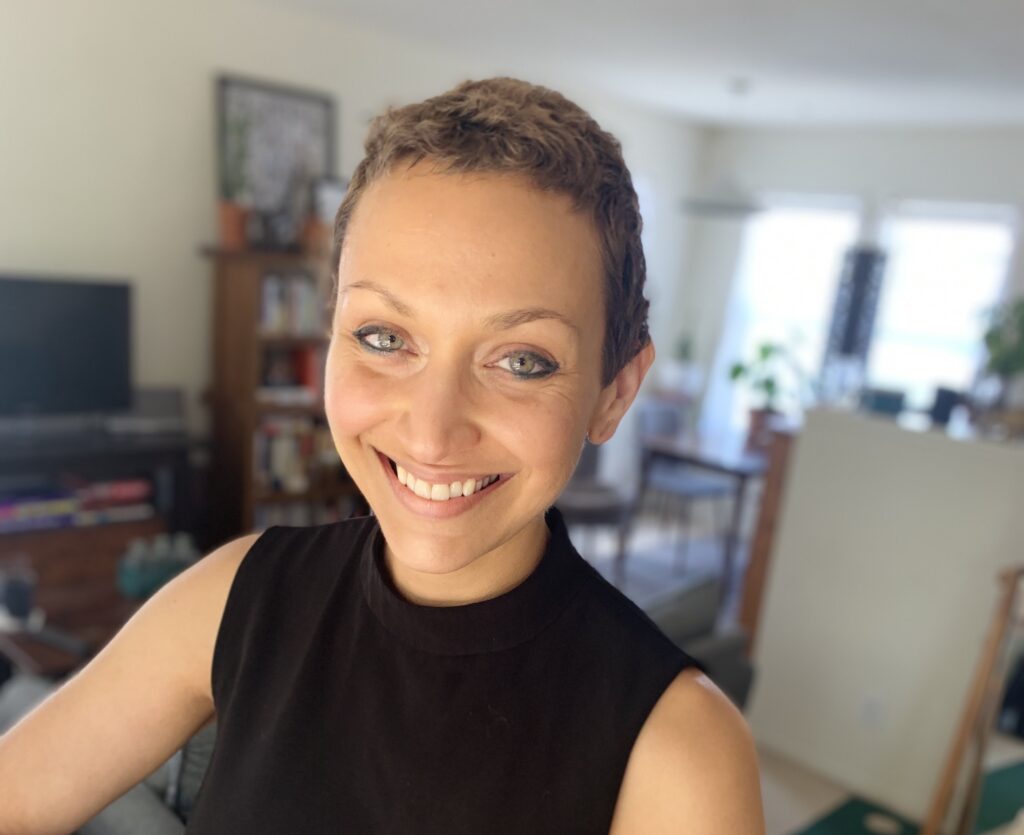
Assistant Professor Anjuli Verma is a faculty member in the Politics Department and Legal Studies Program. Her research examines legal reform, social inequality, and the governance of crime and punishment from an interdisciplinary perspective using multiple methods. Anjuli holds a Ph.D. in Criminology, Law and Society from UC Irvine and a B.A. in Political and Social Thought from the University of Virginia. Before joining UC Santa Cruz in 2018, she spent two years at UC Berkeley School of Law as a Chancellor’s Postdoctoral Fellow in the Jurisprudence and Social Policy Program, where she extended her research on the legal reform of California’s historically overcrowded prisons and jails to examine the aging demography of incarceration, federal-state cost shifts under healthcare reform, and the imposition of monetary sanctions resulting in widespread legal debt by the 21st century.
Can you please summarize your research interests in criminology, incarceration, and legal reform?
Anjuli: I am trained as a criminologist but unlike most criminologists who, as the term would suggest, study the cause and prevention of crime, I study punishment and why we punish the way that we do. I’m interested in the criminalization process and what we accept as illegal and punishable behavior in our present time. Other research areas that flow from that include the downsizing of prisons. We’ve had this unprecedented surge in incarceration since the 1970s in this country where we’ve outpaced every other country on the planet. We have more than 2 million people behind bars and millions and millions more on parole or probation. A big focus of my research is on decarceration and how we can downsize our prison system in the United States.
There’s this practical, organizational management side to the question; which laws and policies should we pass and write down to categorize offenses and which offenders are safe to release and when. What I grapple with is the tension between the political constituencies and human rights issues of victims; making a conscious choice to pose questions about everyone as a victim. Research has shown that the reason people commit crimes has a lot to do with trauma and victimization. A facet of mass incarceration and imprisonment is not necessarily the physical manifestation, but the imprisonment of our mindset.
We understand that you’ve been involved in court cases regarding prisons and COVID-19. Can you please describe your efforts and how did COVID-19 shift your research focus?
Anjuli: Something I have struggled with is the genocidal set of decisions that have been made by California prison administrators that de-value the lives of people who are incarcerated—by exposing them to COVID-19 in various forms and not getting testing supplies. It defies explanation, besides bureaucratic incompetence, and it’s something much more maligned than that. It’s never pleasant to go inside a prison, but it’s something that for a researcher like me is part of my connection to the inside—and it’s their connection to the outside—and to have that taken away overnight on top of locking down a prison creates no progress. There’s this sheer amount of boredom and lack of stimulation that is in itself incredibly inhumane and we have a lot of psychological research to prove that. Visitations, libraries, GED classes, anger management and therapy; all of that has been ripped away from them. It seems like the whole world was able to get on Zoom overnight except for our prison system.
A group of us filed what are called amicus, or “friend of the court,” briefs in two cases for compassionate release. We have epidemiologists from UCSF that are part of this powerful group who can explain to the court why it’s so profoundly catastrophic that they transferred those first busloads of inmates. It’s quite plain that there’s this injustice happening but it needs to be converted into language that a court can hear. During this process we received dispatches from inmates directly who tell us that testing positive for COVID-19 in the California prison means you’re quarantined in solitary confinement. As a result, prisoners are very reticent to take a COVID-19 test or to report symptoms. Do I think that these two amicus briefs will make a positive difference? Unfortunately, I’m going to have to say, I’m not optimistic. However, a lot of what you have to do in an age of mass incarceration is to just get statements and claims on record. COVID-19 is another threat to prisoners’ lives, another case of the government either implicitly or explicitly not believing that their lives matter.
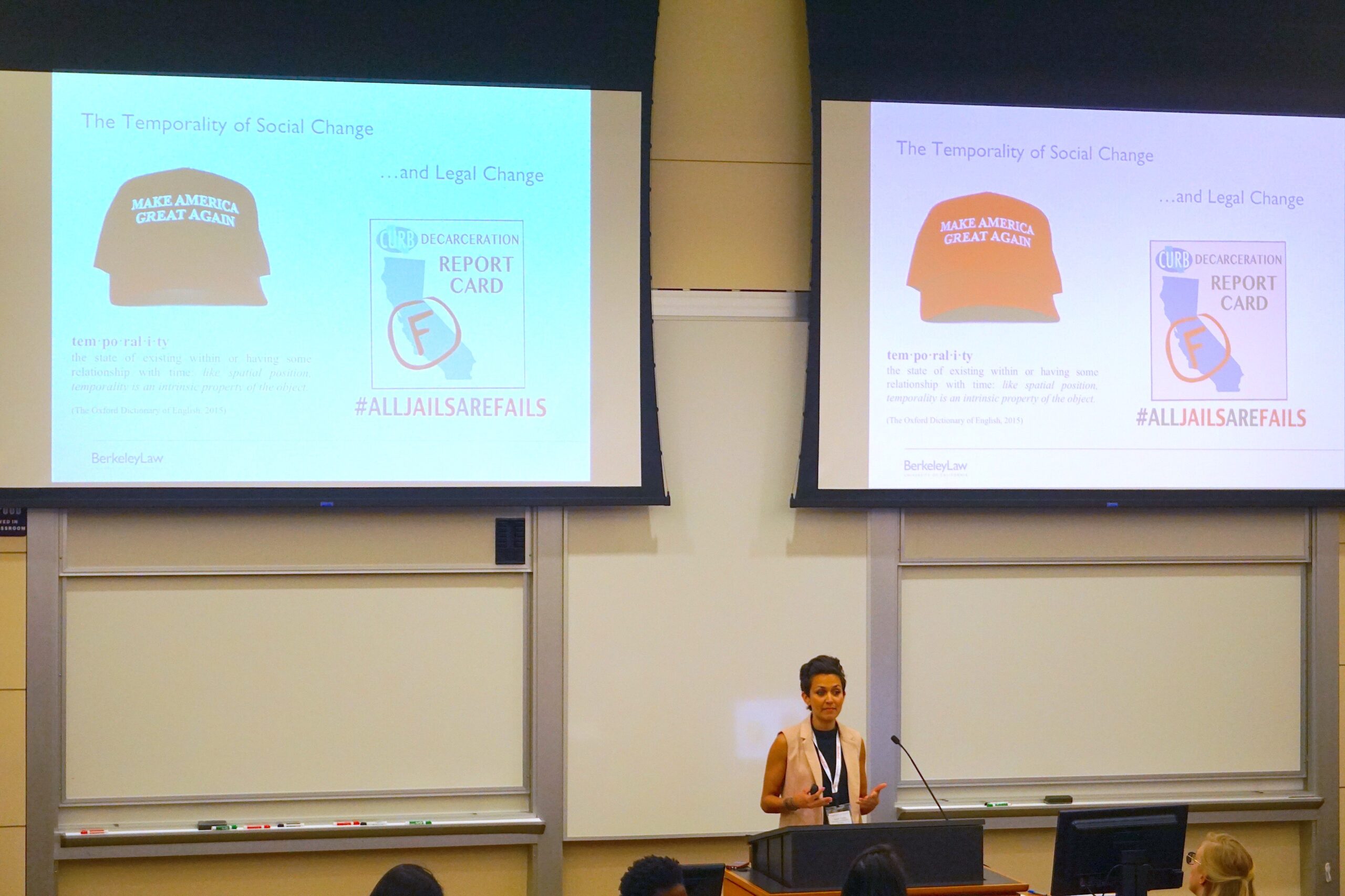
There are several propositions on the California ballot this fall related to criminal justice reform. What impact do you think these would have if passed?
Anjuli: In California, voting is so complex. Propositions this year that focus on criminal justice are Proposition 17, Proposition 20, and Proposition 25. I’ll talk more about these propositions at the University Forum Elections Series event on October 19th.
Proposition 17 essentially opens up eligibility for voting to people who are currently on parole. This is interesting on a number of levels because it will have a huge impact on changing the demographics of California voters and restoring constitutional rights.
Proposition 20 restricts parole for certain non-violent offenders and authorizes felony sentences for certain offenses that are currently treated as misdemeanors. This will criminalize certain crimes that had been reduced to misdemeanors in 2014 under Proposition 47.
Proposition 25 is very interesting. California, like nearly every other state, had what we call a cash bail system until the legislature passed a 2018 law to change this. The legislature decided to abolish cash bail and instead move to this system of risk assessment where there’s this supposedly criminologically-validated questionnaire that assesses different risk factors about the person and their environment by asking questions such as: do you have a stable place to live? Do you have a job? If the answer is no to those kinds of questions, you’re probably going to stay in jail. Bail decisions would be made based on these assessments of risk of flight versus cash system. While I think cash bail is something that we need to eliminate, I’m not so sure that moving to this risk assessment model will address the racial and class inequalities. Proposition 25 is actually a referendum to overturn that law in the legislature which would have the effect of reinstating cash bail in California. It feels as if voting yes would be voting yes for cash bail but you could also see it as voting no on this weird risk assessment substitution. We need a third option, but unfortunately that’s not how our elections are set up.
What led you to do this type of work?
Anjuli: I grew up in Alabama. My father is Indian and my mother is white, and from the south. Growing up, there wasn’t much diversity; it was super Black and white separated by train tracks that ran through town. Someone I was really close to received a scholarship to play football in college and made one bad decision; he started selling cocaine and got caught. This kid was a 18 year old big, Black, football player. I innocently believed that nothing would happen to him, that everyone would see it was just a mistake, but an Alabama prosecutor threatened to take him to trial where he was facing a 15-year mandatory minimum. He decided to not risk a trial in Alabama with an all-white jury so he pleaded guilty and spent seven years in an Alabama penitentiary. From this experience I thought I wanted to be an attorney. I got a fantastic internship at the American Civil Liberties Union (ACLU). My plan was to do this internship, study for the LSAT, apply to law school, become a lawyer then save the world in that order. I loved my work with the ACLU, and the skills and growth that I gained were incredibly important in my life, but as it turned out, being a lawyer was not my future. I’m still early in my career as a professor but I have the job that’s perfectly suited for me now. I love writing; I love teaching; I love talking to people. Being a professor is honestly the best job in the world; it really is. Don’t let anyone tell you it’s not.
What are your goals for your work?
Anjuli: Broad goals: to end mass incarceration. Not that I think I can single-handedly do that, but I would like to see a world before I die where we don’t use prisons to do justice. I would like to see a world where we don’t separate questions of philosophy and politics from questions of science. I teach a graduate class, Logics of Inquiry, that proposes to students a different way of thinking about what knowledge is, how you arrive at it and what an expert really is. The most transformative form of knowledge production is not to answer a question, it’s to ask one. In social sciences, we try to observe samples that represent the whole population. Often these studies end up informing policy or even making broad claims about why things happen or predicting what people will do using incomplete samples. It’s about keeping bad science and bad research out as much as it is about producing it. That’s a fundamental goal that I had in my work, to turn the field on its head; which is also quite ambitious.
Do you have any advice for students who are interested in pursuing this line of work?
Anjuli: I would say, students should realize that part of what a good college professor and mentor is trying to do is to challenge you and help you be fully rounded as a person, and to be fully rounded in your critique of what’s happening.That doesn’t mean that if something about what, or how, you’re learning in the university environment is not working for you to not speak up or stop, but just be open. Having the mindset and psychological commitments to overcome what we call ‘mass incarceration’ is about pushing ourselves, and each other, to have a more rounded view of reality. The truth is that the history of mass incarceration has been a history of people thinking that they were doing something unquestionably good for the world.



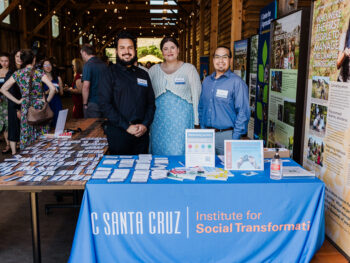
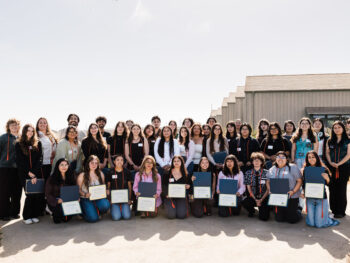
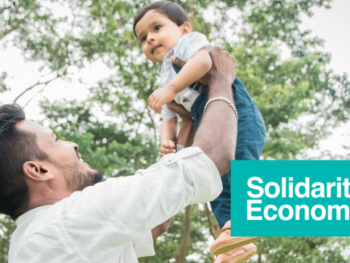
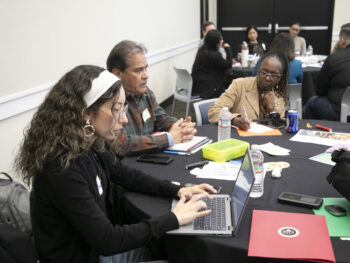
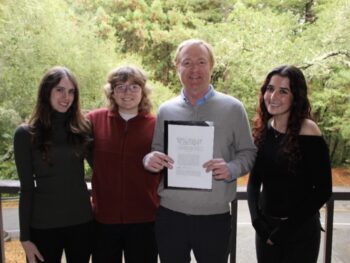
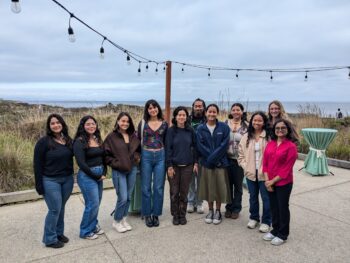
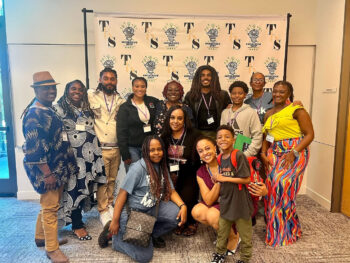
 All-In Co-sponsors
All-In Co-sponsors
